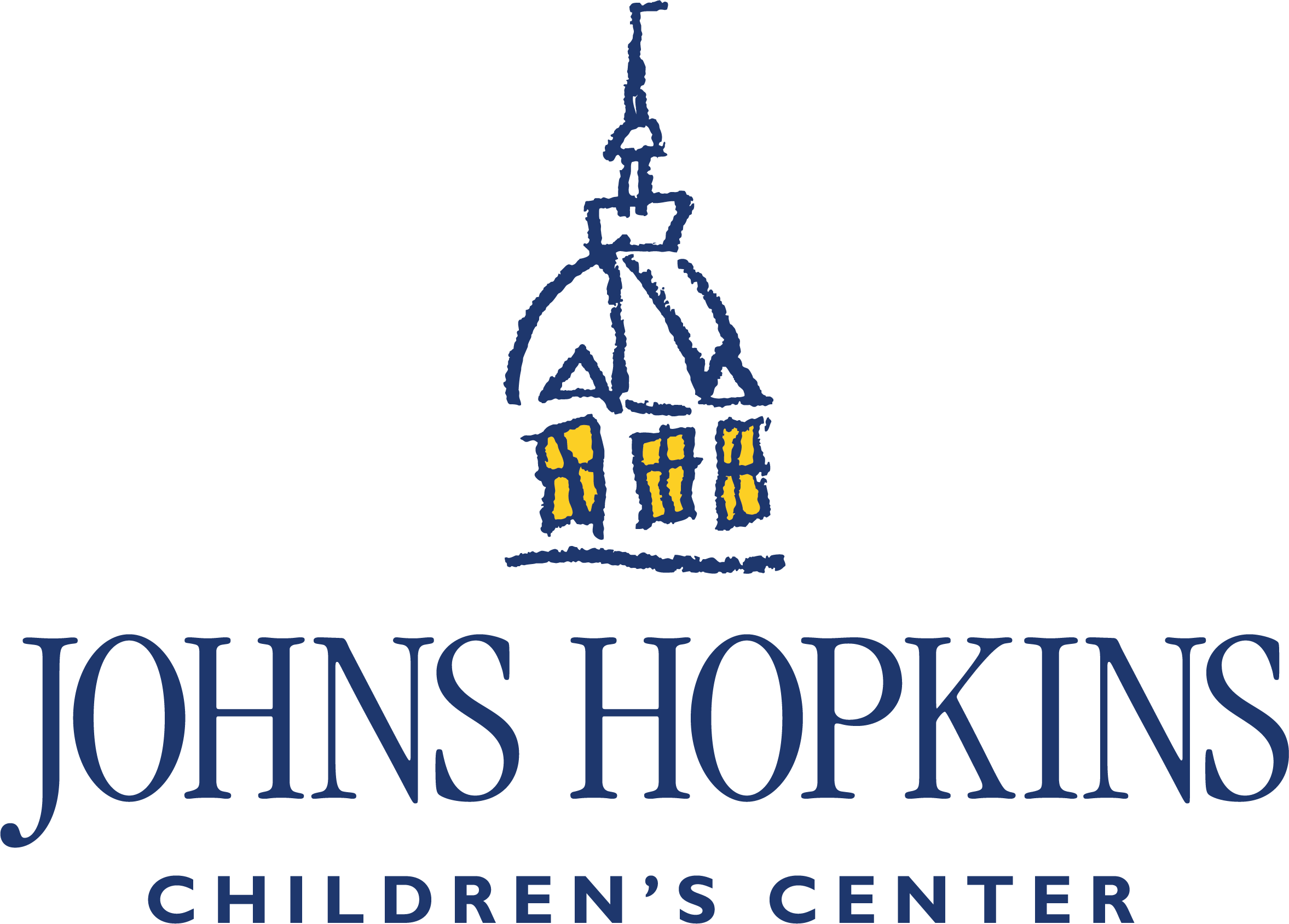What to Expect
What to Expect When You Come to Our Center
Your First Visit
Caring for your baby starts with a comprehensive evaluation that includes a fetal echocardiogram, which is a safe, noninvasive ultrasound to assess the structure and function of your unborn baby's heart. Immediately following the fetal echocardiogram, one of our expert pediatric cardiologists and our will meet with you to discuss the findings and next steps.
Diagnosis and Continued Care
If a heart condition is diagnosed, having this information while your unborn baby is still developing allows valuable time to consider options and plan care. Our team will support you throughout your pregnancy and after delivery to offer:
- Regular monitoring: As your pregnancy progresses, we will perform fetal echocardiograms approximately every four weeks. The fetal echocardiogram allows us to monitor how your baby’s heart is developing and whether changes are occurring. We provide an individualized approach to care for specific to your baby’s diagnosis and needs.
- Collaborative care: We will be in close and frequent contact with your obstetrician/gynecologist (OB/GYN) to plan the best delivery options and treatment for you and your baby. You will also have the opportunity to meet with our pediatric cardiac surgeons and cardiac intensive care physicians if your child will need surgery after birth. Learn more about pediatric cardiac surgery at the center.
- Nurse coordinator: If your baby is diagnosed with a congenital heart condition, you and your family will work closely with our nurse coordinator to go over next steps and review additional diagnostic tests that your care team recommends. The nurse coordinator will assist you with transferring your records and care, and provide ongoing support throughout care. Meet our nurse coordinator.
- Social worker: In collaboration with your care team, our social worker will assist in meeting any psychological, emotional, social and practical needs your child or family may have.
- Child Life specialist: If you have other children, our Child Life specialists can support the family unit and provide guidance on how to support a younger sibling who is in care for a congenital heart condition.
- Fetal intervention: We work collaboratively with our Center for Fetal Therapy for fetal interventions (if applicable) and medical management of irregular fetal heart rhythms.
About Fetal Echocardiogram
What is a fetal echocardiogram?
The fetal echocardiogram is a special ultrasound that focuses on the baby’s heart. Optimal timing for a fetal echocardiogram is at 18 – 22 weeks gestation. However, early detection with first trimester fetal echocardiograms are available starting at 12 weeks with our Center for Fetal Therapy. The fetal echocardiogram allows the pediatric cardiologist to diagnose congenital heart disease and cardiac rhythm disorders before birth.
Our specialists provide prenatal cardiology services, including diagnostic ultrasound (fetal echocardiogram), family counseling, multidisciplinary care, and specialized delivery planning.
Who should have a fetal echocardiogram?
The Johns Hopkins fetal cardiology team sees expectant families for a range of health needs, and recommends a fetal echocardiogram for families who have:
- A family history of congenital heart disease (CHD)
- Prenatal screening or test that reveal your baby has a genetic or chromosomal abnormality
- Conceived pregnancy with in vitro fertilization
- Certain health conditions, such as diabetes
- Suspected heart problem on perinatal ultrasound

